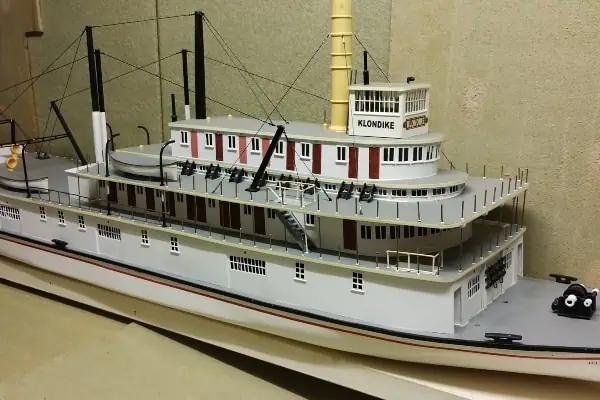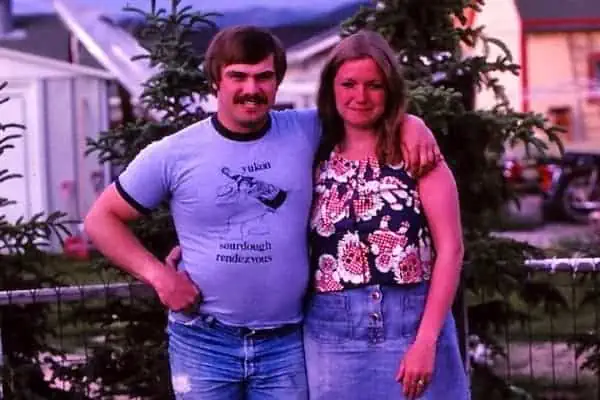Faye Ferguson understands the value of documenting one’s life stories, for both the writer and the eventual reader.
Ferguson is a personal historian based in Victoria, B.C. who helps people fashion their life stories into print or digital forms, either as full-length memoirs or as scrapbook-type snippets that highlight specific remembered moments or stages of life.
“Oftentimes we think, ‘I wish I had asked my Mom this, or my Dad that, when they’re no longer around,” she explains.
“They’re gone, and people in their age group who might have been able to answer those questions are gone. So we’re trying to avoid that for the people who follow us.”
As a member of the Association of Personal Historians, Ferguson works directly with people who are committed to writing life narratives for publication, or just for handing down to younger generations.
“I don’t ever rush it, because it’s kind of like peeling the onion. As we get into the stories more, the more starts to come out, and they get more comfortable the more they get into it.” she notes.
For the workshops in personal history writing she offers through the University of Victoria’s continuing studies department, Ferguson says she made a conscious decision to avoid using the term memoir.
“People get overwhelmed even at the thought of it. I very much focus on writing little tidbits, such as a two-page story about something that happened to you in your childhood, or a memory that’s very real and vivid for you.”
Ferguson will bring that minimalist approach to Whitehorse next week to give a public presentation on what she calls legacy letter-writing, the subject of another of her UVic courses, entitled “Documenting the Legacy of Wisdom”.
While letter writing is less daunting than writing a memoir, Ferguson says it still allows writers to share of themselves and of their life experiences.
“The thing about letter-writing is that it takes away the sense that this has to be perfectly written, or it has to be a beautiful piece of writing,” she explains.
“We all write letters, or emails, and we just talk like ourselves. So I think that format is a good one that allows people to just be themselves, and just say what they want to say.”
Some of these letters may never be mailed – perhaps the target recipient is no longer alive – but Ferguson says they provide a good way for people to express some of the things they have wanted to express, or capture ideas they’ve wanted to capture.
She encourages writers to focus on such themes as gratitude, things they value in life or admire in others, and linking generations.
“One of the participants in my most recent workshop wrote a very nice letter to her grandchildren, but the letter was about her grandmother, who’s long gone. And so sharing with the people coming after her information about a person she knew that they will never know.”
The last theme she presents for consideration is wisdom: “This is what I’ve learned about family, this is what I’ve learned about friendship, this is what I’ve learned about money, that kind of thing.”
Ferguson’s visit to Whitehorse is being sponsored by Whitehorse Independent Theatre (WIT) as part of its ongoing story-sharing project called “Our Stories Ourselves”.
Through this federally-funded program, Whitehorse theatre and film artist Arlin McFarlane has been working to help seniors combat isolation and find a deepened sense of community through the use of story circles.
“I dreamed up a project based on stories because, really, story underlies theatre and film. So it developed quite organically that way,” the WIT founder says.
Some of the people McFarlane works with are not able to express themselves in writing, or may have difficulty recalling past events. Others may not face such constraints, and are “very keen to write and reflect on legacy and memoir,” she says.
“I think that’s why Faye’s talk will be very interesting, because it will help people who are keen to be writers and to write the legacy stories. I’m drawing people together and giving them a little taste of things. Faye will be able to give them a sense of a greater smorgasbord of opportunity and context for what that work could be.”
Ferguson’s presentation is open to seniors and non-seniors alike. It will take place Tuesday, January 31 from 6:30 to 8:30 p.m. at the Association franco-yukonnaise (AFY) building on Strickland Street.
Admission is free, and there will be a question and answer session following the presentation. More information is available at www.wittheatre.ca.




